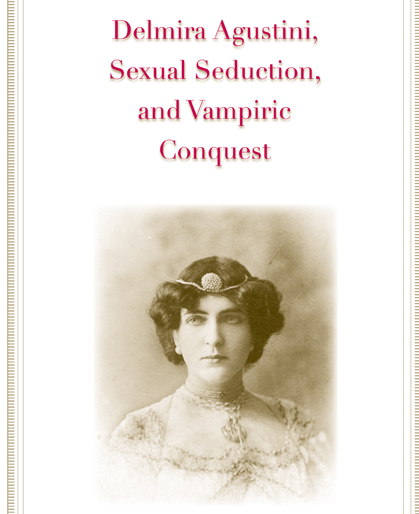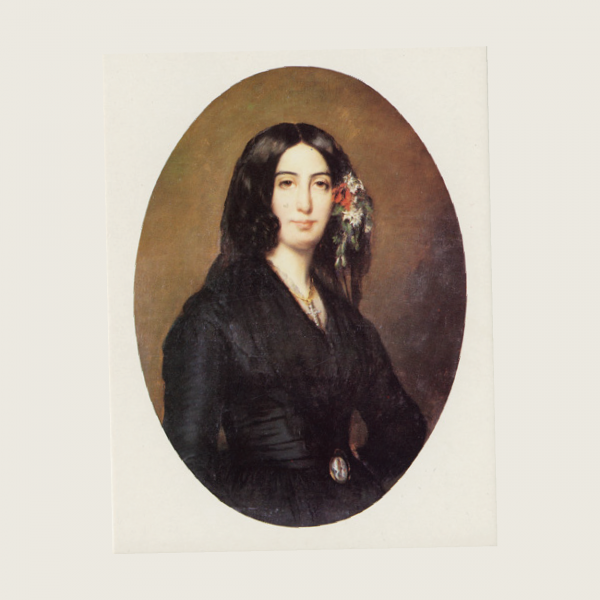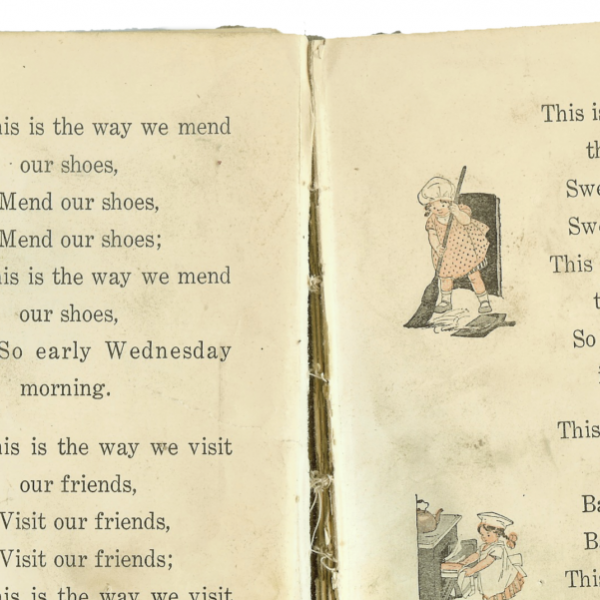To Conquer Man’s World: An Excerpt on Delmira Agustini
Continuing the discussion of Uruguayan poet Delmira Agustini, author Cathy L. Jrade explores the rebellious side of this Spanish American poet as she attempted to operate in a man’s world in this excerpt from Delmira Agustini, Sexual Seduction, and Vampiric Conquest. For Agustini, the eroticism and overt sexuality of her verse place her at the center of feminine discourse on modernismo, the literary movement advanced by Spanish-American writers around the turn of the twentieth century. Jrade‘s account of Agustini’s life and poetry further delves into Agustini’s verse as a model of artistic reimagining, in which the poet rewrites the language of male authority and female passivity, with unparalleled successes.
Cathy L. Jrade—
In an outburst of enthusiasm Luisa Luisi called Delmira Agustini (1886-1914) “the first woman poet of America.” Taken with Agustini’s imaginative power and groundbreaking alterations to modernista discourse, Luisi, like many of her contemporaries, was ready to overlook earlier women writers of world-class stature like Sor Juana Inés de la Cruz and Gertrudis de Avellaneda and to declare the Uruguayan poet the first of her kind in Spanish America. This type of sweeping response to Agustini’s poetry was not untypical, for Agustini combined a creative rewriting of modernista tropes with an aggressively sexualized perspective never before found in texts written by Spanish American women. The eroticism of her verse enhanced and fed into the speculation that swirled around her tragically premature demise at the hands of her ex-husband, whom she had taken as a secret lover. Yet all the while she maintained the incongruous representation of herself as “la Nena” (the little girl).
On the public level Agustini played the part of the dutiful, infantilized young woman who abided by the staunchly paternalistic, conservative expectations of her class and gender. She acted out the role common among her  contemporaries, who, according to José Pedro Barrán, understood their femininity to be “ a mixture of equal doses of childishness, virtue, and romanticism.” On the private level and in her writing, however, she decided to take full advantage of the liberties that were being heralded by diverse advocates of a more open and liberal society. She attempted to operate on equal footing with the men around her who were freeing themselves and their writings from the traditional sexual limitations, even more daringly, to respond to their language with her own, feminized discourse. By boldly assuming she could claim the same rights and freedoms as a man in her behavior and in her writing, she broke expectations, pushed aside barriers, and, whether she intended to or not, staked out an linguistic and imaginative space for women and women poets. The internal contradictions that appeared throughout her poetry as well as the paradoxical way in which she chose to live reflect the multifaceted dynamics that were at work in the Uruguay of the end of the nineteenth century. For those with a more traditional point of view unwilling or unable to recognize the complexity of her endeavors, she became “the most problematic figure of Uruguayan literature… and probably of Spanish American poetry.”
contemporaries, who, according to José Pedro Barrán, understood their femininity to be “ a mixture of equal doses of childishness, virtue, and romanticism.” On the private level and in her writing, however, she decided to take full advantage of the liberties that were being heralded by diverse advocates of a more open and liberal society. She attempted to operate on equal footing with the men around her who were freeing themselves and their writings from the traditional sexual limitations, even more daringly, to respond to their language with her own, feminized discourse. By boldly assuming she could claim the same rights and freedoms as a man in her behavior and in her writing, she broke expectations, pushed aside barriers, and, whether she intended to or not, staked out an linguistic and imaginative space for women and women poets. The internal contradictions that appeared throughout her poetry as well as the paradoxical way in which she chose to live reflect the multifaceted dynamics that were at work in the Uruguay of the end of the nineteenth century. For those with a more traditional point of view unwilling or unable to recognize the complexity of her endeavors, she became “the most problematic figure of Uruguayan literature… and probably of Spanish American poetry.”
The divergent forces that came to play a central role in the shocking originality of Agustini’s verse, her deliberate proliferation of masks, and her scandalous life and death (all of which have fascinated casual readers, serious scholars, and creative writers alike) were part and parcel of her immediate milieu. Though often contradictory, if not restrictive and punishing, in nature, these forces had a direct impact on the way she came to formulate the language of desire from a woman’s point of view. Understanding the often subtle but far-reaching implications of the dominant patriarchal and modernist rhetoric of the day, Agustini developed an original way of expressing her own conflicted attitudes towards sexual and contemporary debates. To this end she reconfigured from a woman’s standpoint the male language of literary paternity through which she was able to assert her personal and poetic passions.
In broad terms the focus of my book is this hitherto unobserved rebellious and imaginative contribution to Spanish American poetry. I show the poems that have been read as presenting an intrepidly erotic stance are laced with innovative declarations of poetic goals. More specifically I map out how Agustini at first reenvisions the linguistic models she finds in the poetry of modernismo’s principal figure, namely, Rubén Darío, converting him from the process into her poetic foil and the male other of her verse. Darío becomes, in this manner, both person and poetry; he becomes the one to seduce, to conquer, and the one with whom she will “breed” the new race of poets to which she refers in her later collections.
Excerpted from Delmira Agustini, Sexual Seduction, and Vampiric Conquest. Copyright © 2012 by Cathy L. Jrade.
Read Jrade‘s “Eminent Biography” post on Agustini on the Yale Press Log.




